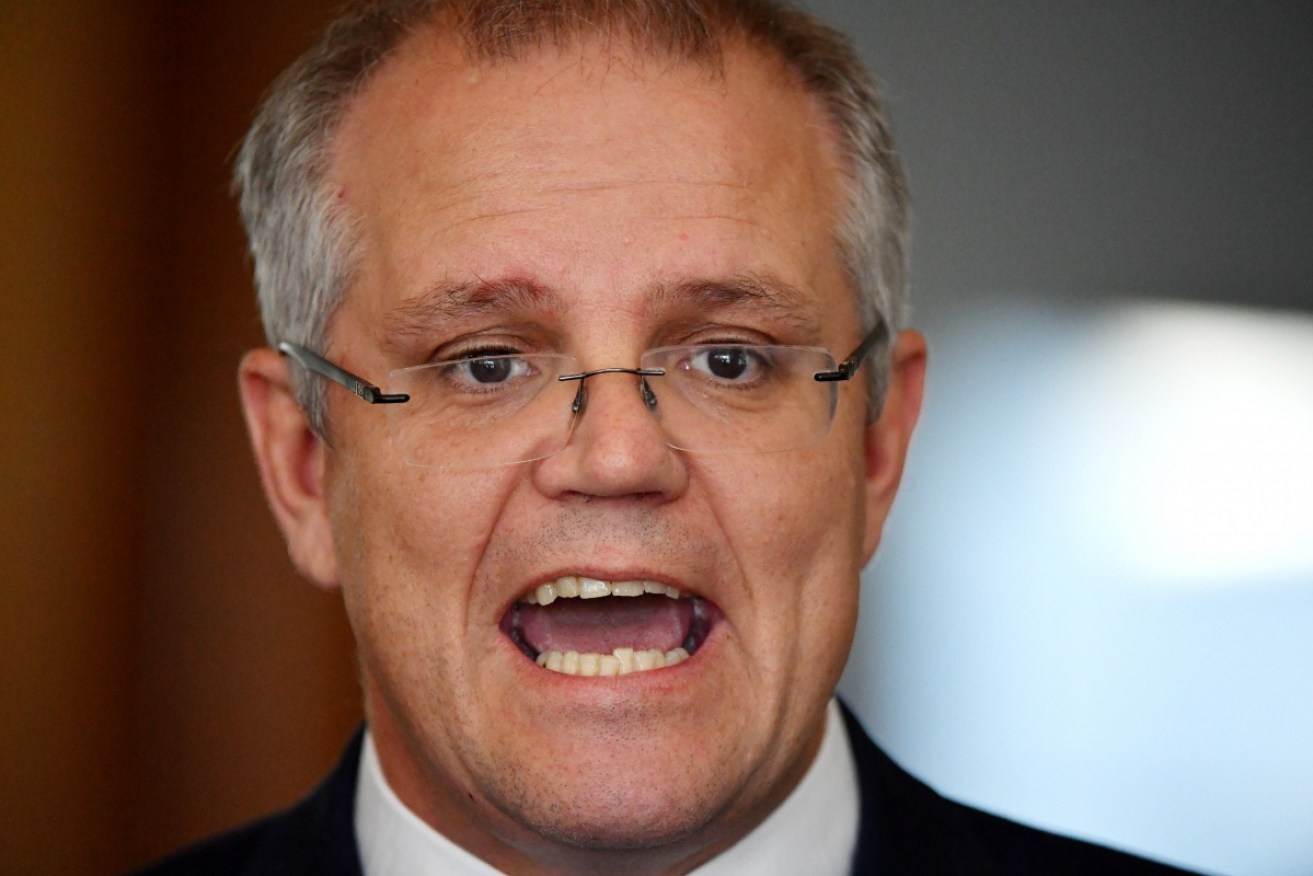Turnbull & Co’s challenge: ‘Cut through’ or go home


Cut-through messaging and delivery is needed if the next Morrison budget is to succeed, and the Turnbull Government is going to survive. Photo: AAP
Everyone, including the local petshop galah, is saying the upcoming federal budget is the “final” test for Malcolm Turnbull. Certainly the PM’s opponents are wishing this is the case.
However, even a good budget might not be enough. Voters are more likely to dismiss the worthy things done by a government if it’s seen to be in chaos.
This is even more the case if the opposition inflates that sense of incompetence by carpet-bombing voters with catchy and superficially plausible soundbites.
Just ask any member of the former Gillard Government; after years of being bombarded with Tony Abbott’s three-word-slogans, and limited scrutiny from the media as to their veracity, everyday voters came to accept that an Abbott Government would improve their lives by stopping the boats, scrapping the carbon tax and repairing the budget.
So far, the Turnbull Government has shown none of the policy innovation that distinguished the Gillard administration, and it has only until the May budget to rectify that deficiency.
But even if the PM and his team come up with policy initiatives that are as far-sighted and ground-breaking as the NDIS or the Gonski education reforms, will Australian voters notice let alone care?
Not if the Turnbull Government doesn’t find an effective way to tell its story.
This isn’t one of those hackneyed columns arguing that the Government needs to find its narrative – although it does – but a warning that if Turnbull & Co don’t find a cut-through way to talk to voters that matches Labor’s information machine, then they might as well call it quits before the Budget is even delivered.
The bulk of the task falls on the shoulders of Treasurer Scott Morrison.
In recent years Mr Morrison has done a pretty good job morphing from the authoritarian Minister for Immigration and Border Protection, to the fluffy lilac-shirted Minister for Social Services, and now the Government’s indefatigable economic salesman.
This week the Treasurer started testing out a line obviously crafted for the budget, saying that corporate tax cuts would lead to “better wages, more jobs and more secure jobs”.
That may be so, but the line does nothing to counter Labor’s soundbite that the tax reform is a “$50 billion handout to big business”. Labor got away with this deliberately false framing during the last election, and they’ll probably keep it up until the next polling day.
Why has the Government allowed its tax reforms to be seen in this way? Is there not one spin doctor in the house capable of crafting an alternative perspective?
How about “tax relief for the 800,000 SMEs powering our economy” or “tax relief for job creators” or “giving businesses back another $5 for every $100 they earn to be invested in higher wages, more jobs and a stronger economy.”
And “we realise we need to do more to justify tax relief for very big businesses in 10 years’ time, and we will, but right now it’s vitally important that we provide relief for Australia’s 800,000 SMEs who need tax cuts now to keep powering our economy”.
Sure, these lines are as contestable as Labor’s, but at least they’re enough to show voters that there’s more than one side to the company tax debate.
Even with better messaging, the Government needs to become considerably more disciplined about its delivery of the message. We all know the adage – it’s only when you have become sick of hearing yourself repeat something that your audience is beginning to take notice.
That’s why we hear Bill Shorten and his team weave the same lines into everything they say – why cut this when there is a wasteful $50 billion handout to companies; why do that when penalty rates for 700,000 jobs will be cut (another false framing); and, this is just another example of how out of touch / arrogant / chaotic the Turnbull Government is.
This is the type of cut-through messaging and delivery that is needed if Scott Morrison wants his budget to succeed – and Malcolm Turnbull wants his government to survive.








